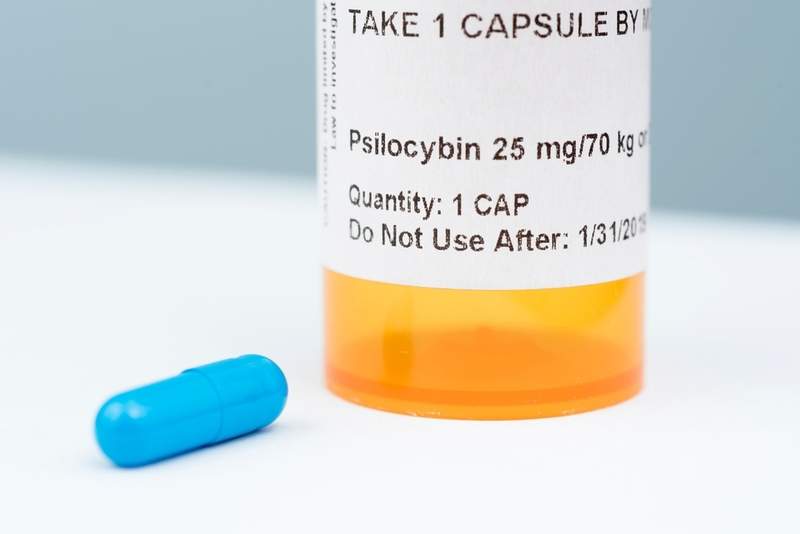

A new study conducted by NYU Langone Medical Center researchers has revealed that a single dose of hallucinogenic drug psilocybin relieves anxiety and depression in patients with advanced cancer.

Discover B2B Marketing That Performs
Combine business intelligence and editorial excellence to reach engaged professionals across 36 leading media platforms.
According to the study report, one-time treatment with a mind-altering compound contained in psychedelic mushrooms reduced the distress in 80% of the 29 study subjects monitored.
During the study, 50% of the participants were administered a 0.3mg per kilogram dose of psilocybin while the remaining patients were given a vitamin placebo (250mg of niacin).
After the seven week-long monitoring period, all participants switched treatments.
NYU Langone Department of Psychiatry substance abuse services director Stephen Ross said: “Our results represent the strongest evidence to date of a clinical benefit from psilocybin therapy, with the potential to transform care for patients with cancer-related psychological distress.

US Tariffs are shifting - will you react or anticipate?
Don’t let policy changes catch you off guard. Stay proactive with real-time data and expert analysis.
By GlobalData“If larger clinical trials prove successful, then we could ultimately have available a safe, effective, and inexpensive medication, dispensed under strict control, to alleviate the distress that increases suicide rates among cancer patients.”
The study involved mostly women aged between 22 and 75 who had either advanced breast, gastrointestinal, or blood cancers and had been diagnosed as suffering from serious psychological distress related to their disease.
All patients in the study were provided with tailored counselling from a psychiatrist, psychologist, nurse or social worker, and were monitored for side effects and improvements in their mental state.
The study was backed by a funding from the Heffter Research Institute and the National Center for Advancing Translational Sciences, part of the National Institutes of Health.
The drug used in the study was manufactured by Organix.
Image: The drug psilocybin in pill form. Photo: courtesy of PRNewsFoto/NYU Langone Medical Center.





